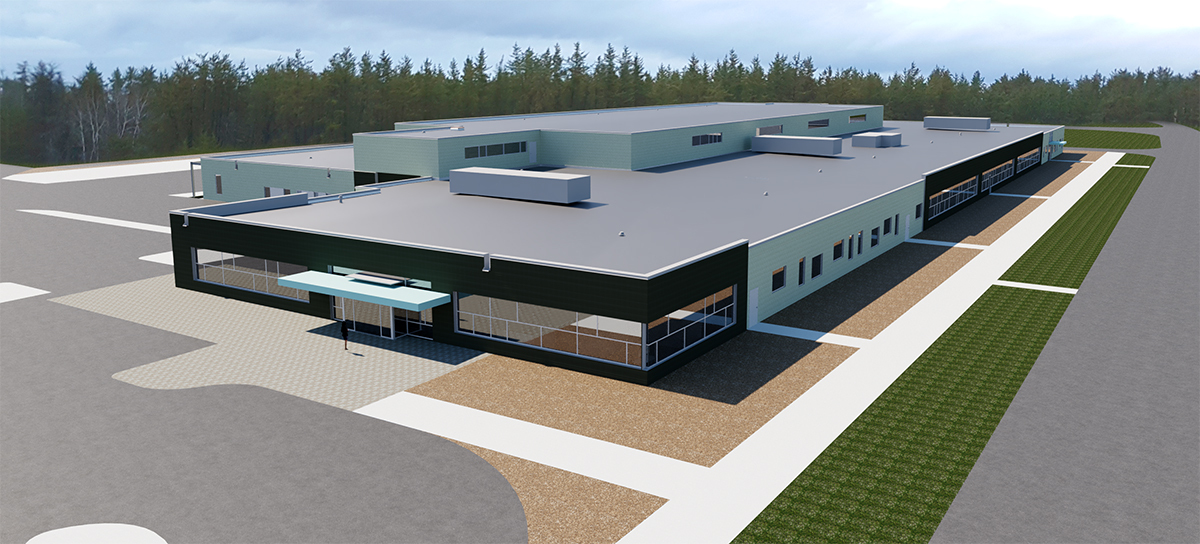

A DCC-first pilot project to build new facilities for the Royal Canadian Dragoons at 4th Canadian Division Support Base Petawawa is on time and on target, paving the way for a potential paradigm shift in defence construction.
Key validation, design, and costing milestones for the facility have been achieved since the contract was signed in October 2018 and construction will begin in Spring 2020.
The contract to build the $70-million facilities marks the first time DCC, and the Government of Canada, are using the ground-breaking new Integrated Project Delivery (IPD) model, using the CCDC-30 contract developed by the Canadian Construction Documents Committee, a National Joint Committee that includes the Canadian Construction Association, the Association of Consulting Engineering Companies Canada, the Royal Architecture Institute of Canada, and Construction Specifications Canada.
IPD is a collaborative alliance of people, systems, structures and practices that harness the expertise of all parties to optimize results, increase value to the owner, reduce waste, and maximize efficiency through all phases of design and construction. The IPD contract model replaces traditional design and construction contracts with a single, multi-party contract, where all parties work collaboratively for the collective success, of the overall project; all profits remain at risk until the work is completed. The IPD also facilitates new and innovative processes such as Lean construction tools and techniques and Building Information Modelling (BIM).
IPD is ideally suited for large, complex projects where DCC, the Department of National Defence, the general contractor, the architect and engineers work together to manage the project risks. Transparency and efficiency between industry and the Crown are increased, resulting in increased value to the end-user and better cost and scheduling certainty.
"This pilot project has the potential to positively influence how DCC does business now and in the future," says Marcy Burton, Regional Service Line Leader, Construction Services for Ontario. "There are many lessons to learn as we move forward with our industry partners. It's very exciting."
